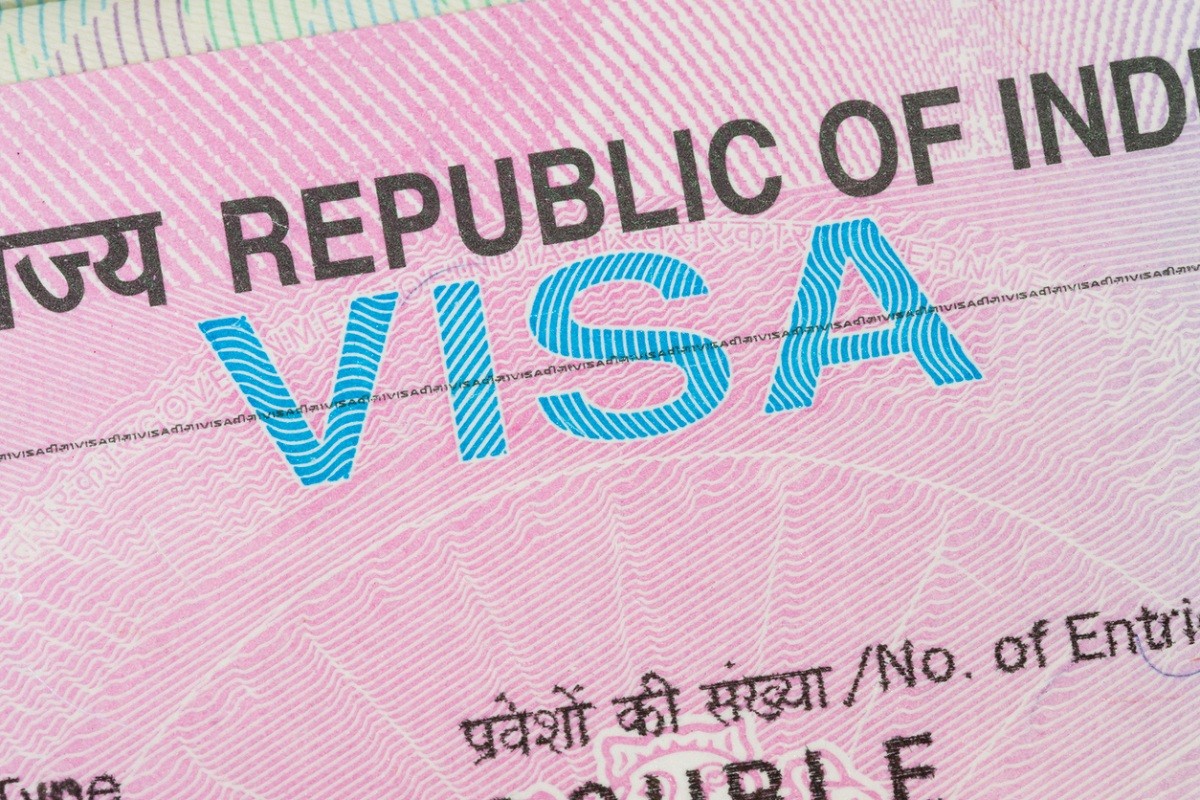It’s a good idea to get an Indian visa before arriving in India, even if you are only visiting the country for a short period of time. Here is a guide on getting your visa and what to expect once you have it.
Indian Visa Requirements for United States Citizens
Moving to the United States can be a daunting task for anyone, but it can be even more difficult if you do not hold a valid visa. If you are a citizen of India, your visa requirements will likely differ from those of a U.S. citizen, depending on your individual situation. Indian Visa for US Citizens
To be eligible for a visa to enter the United States, you must possess a valid passport from your country of citizenship and a visa application form that has been completed and signed by both you and an authorized representative. The required documents must also be authenticated by an official government seal or stamp.
You should also keep in mind that not all countries require visas for citizens of the United States. For example, citizens of Argentina, Australia, Brazil, Canada, Chile, Colombia, Ireland, Mexico, New Zealand, Peru, South Korea, Taiwan and the United Kingdom do not require visas to enter the United States as long as they have a valid passport.
If you are not sure whether you need a visa to visit the United States or not, it is best to consult with an immigration lawyer or other professional who can help you determine your specific situation. Indian Visa for United States Citizens
Comparison of Types of Indian Visas
If you are a United States citizen and want to visit India, you will need to obtain an Indian visa. There are three types of Indian visas that you may need: tourist visa, business visa, and student visa. Each type of visa has different requirements that must be met in order for the visa to be approved.
Tourist Visa: A tourist visa is the easiest type of Indian visa to obtain. This type of visa is valid for up to six months and can be used to visit any part of India. All you need to do is provide your passport information and proof of travel arrangements. The cost of a tourist visa is $60 USD.
Business Visa: A business visa is more complicated than a tourist visa. You must first apply for a business permit from the Indian government. After you have received your business permit, you can then apply for a business visa from the United States embassy in India. The cost of a business visa is $140 USD.
Student Visa: A student visa is the most complicated type of Indian visa to obtain. You must first apply for a student permit from the Indian government. After you have received your student
Pros and Cons of a United States Passport
When traveling to the United States, it is important to be aware of the visa requirements for Indian nationals. There are many pros and cons to having a United States passport, so it is important to weigh each option before making a decision.
The main benefit of having a United States passport is that it allows you to travel to more than 180 countries without a visa. This makes it one of the most versatile passports in the world. Additionally, United States passports are often considered one of the most secure, as they are required for entry into many high-risk countries.
However, there are some disadvantages to having a United States passport. For example, United States citizens must present their passport when traveling internationally and may be required to show additional documentation, such as proof of citizenship or proof of onward travel. Additionally, United States passports are not valid for use in certain countries, such as Mexico and Canada. If you plan on traveling to these countries, it is important to research the requirements in advance.
Ultimately, it is important to weigh each option before making a decision about whether or not to have a United States passport. By understanding the pros and cons of each option, you can make an
Other Options for Traveling to India
If you are a United States citizen, there are other options for traveling to India besides obtaining a tourist visa. You can apply for an Indian visa at a U.S. embassy or consulate. The application process can take several weeks and requires documentation such as your passport photo, travel itinerary, and proof of financial stability.
If you are unable to obtain a visa through the embassy or consulate process, you may be able to get a tourist visa if you have a valid passport and proof of onward travel. You will also need to provide evidence that you have funds available to cover your stay in India and that you will not be engaging in any illegal activities while in India.
Conclusion
If you are a United States citizen and want to visit India, there are a few things you need to know. First and foremost, Indian visas are not free. Additionally, Indians require a visa in order to enter the United States. Please consult the embassy or consulate of India nearest you for more information on visa requirements and other related matters. Finally, remember that while it is usually easy to get an Indian visa upon arrival in India, sometimes things can change at the last minute – be sure to check with your local embassy or consulate about any potential delays before travelling.

